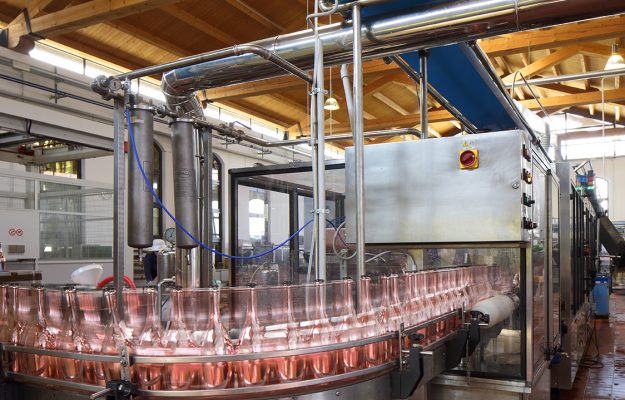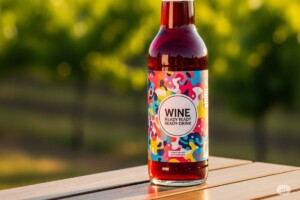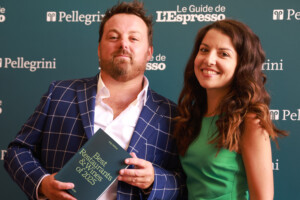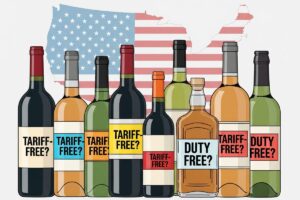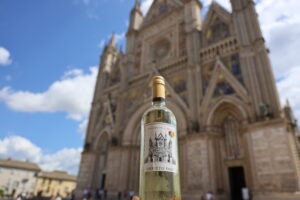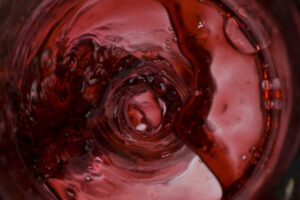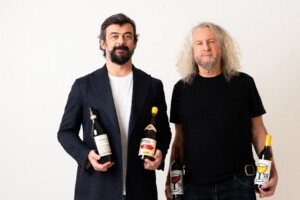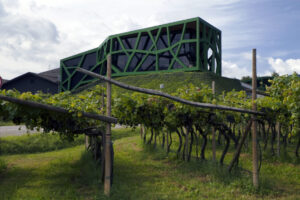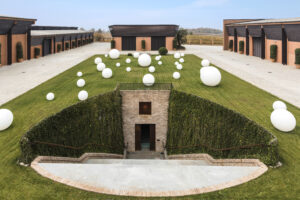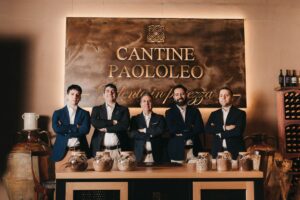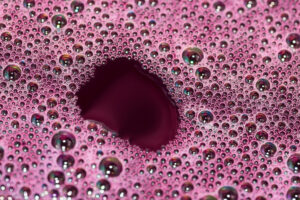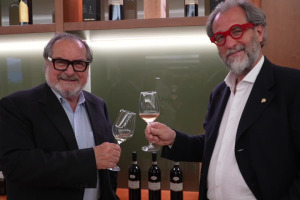The production of wine follows the rhythms of the vineyard and nature, but its placing on the market is also made up of an industrial process that, like many other goods, needs planning and raw materials. And when they fail, production stops. And so, among many general alarms on the difficulties of supplying materials such as paper and bottles, comes the timely case history of Bottega, one of the most established Prosecco brands in the world. The company, led by Sandro Bottega, explains a note, has seen the production lines blocked at least six times in a few weeks, due to the lack of glass.
“Unspeakable damage - reads the Treviso company’s press release - for a product that is the driving force of Made in Italy in the world. In fact, in two months it is possible to quantify a lack of production of 300,000 bottles, with the relative economic damage”. And if the solution lies in sustainability and in the technologies of the future, sometimes some remedies can also be taken from the past. And so, Bottega, “announces that, given the lack of glass, it will reintroduce “returnable bottle” for some of its bottles.
At first, limited to their Prosecco Bars, which themselves must become the symbol of sustainability. Specifically, Italy reuses through the “returnable bottle” only 8-9% of the glass bottles put on the market compared to over 70% of the other nations of northern Europe. “Returnable bottle” costs less and greatly reduces emissions, compared to recycling that involves melting glass”.
The Treviso winery is studying to create collection centers that can allow the glass to be reused in the vicinity of where it was consumed, making the bottles to be reused available to local wineries, with consequent savings in fuel and transport. Ideally, we can hypothesize the reuse of 500,000 bottles per year, but if the initiative were extended to many other producers, the result would be much greater.
Copyright © 2000/2025
Contatti: info@winenews.it
Seguici anche su Twitter: @WineNewsIt
Seguici anche su Facebook: @winenewsit
Questo articolo è tratto dall'archivio di WineNews - Tutti i diritti riservati - Copyright © 2000/2025










